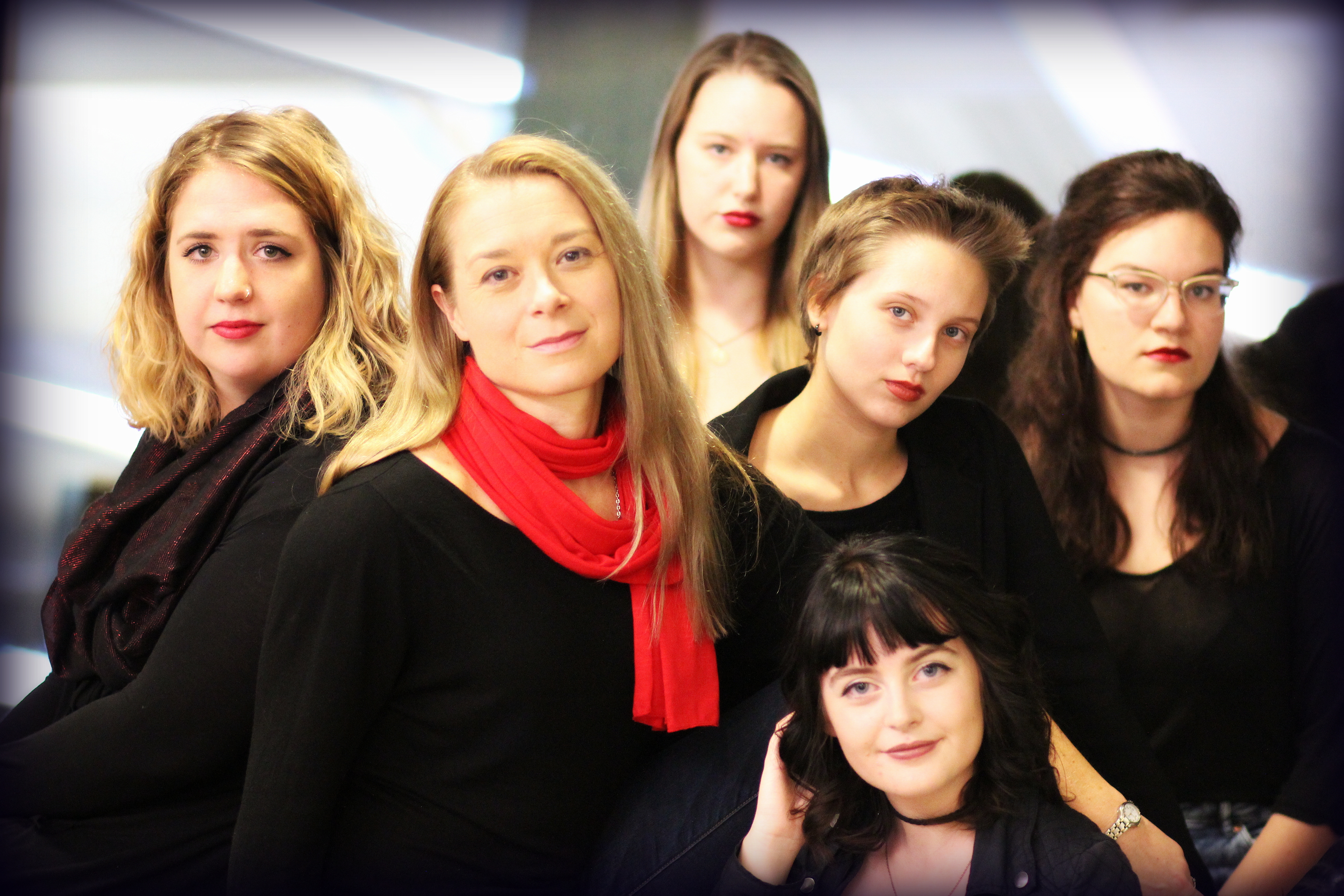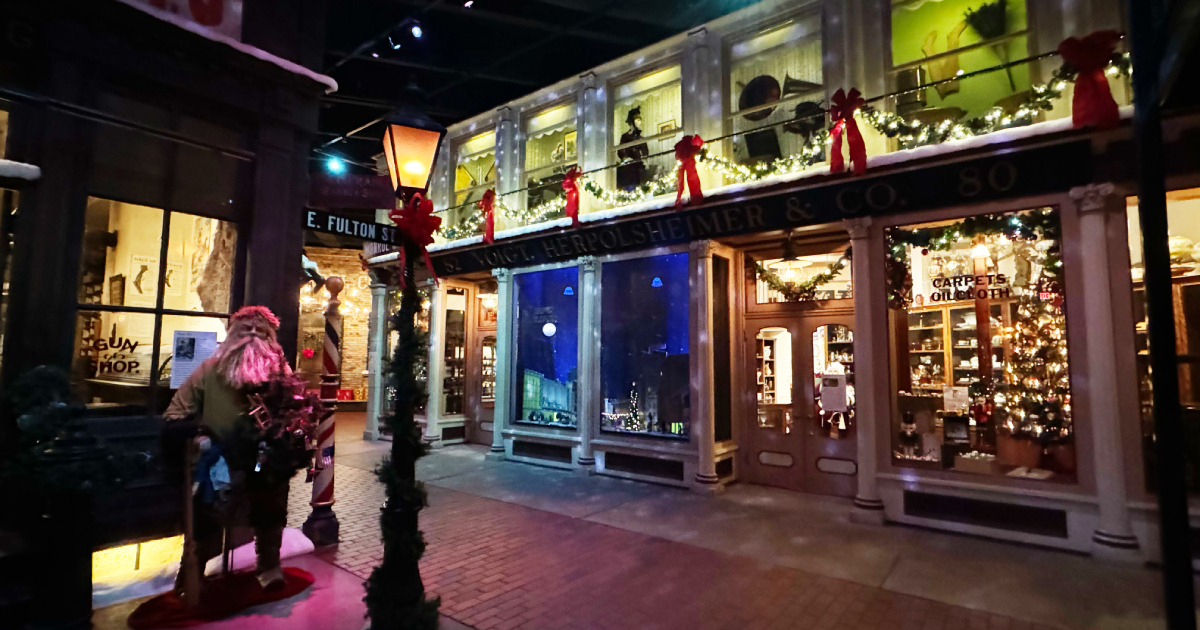A Michigan native, Ella Swift earned a masters in Irish literature with a specialty in dramatic literature, studying how folklore was used in early Irish theater.
While living and working in the Pacific Northwest, Swift had her “Aha!” moment: The best way to get storytelling out to the most people is through film. She moved back to her home state and began immersing herself in the film ecosystem here, founding Burly Mermaid Productions. While Burly Mermaid carries the honor of being the first female-only production company in West Michigan, Swift said she doesn’t hire only women and is “totally open to anyone with talent and drive.” Swift, whose married name is Ella Swift Redding, has many credits, including cheerleading coordinator for Touchback, assistant to Jesse Eisenberg and Jason Segel for The End of The Tour, and more recently, unit production manager and co-producer for The Alchemist Cookbook (shot entirely in Allegan) and assistant to the director, Rob Reiner, for LBJ.
How did you move from literature to film?
I had a really wonderful depth of training in dramatic literature from a very old-school perspective at Trinity College. They also had a mandatory Irish film course as part of my master’s program. That planted the seed originally for me of what could be done with film. … It was fun to learn a whole other branch of storytelling within their culture. You don’t have to fall into those Hollywood tropes because there is so much more there in your own backyard.
What was your first project in film once you moved back to West Michigan?
"I crashed a West Michigan Film and Video Alliance luncheon ... and I was like, "How can I help?" I met folks from Creo Productions there. Soon after, Creo was competing in a 24-hour film competition and called me. I showed up and co-wrote the script, and (the film) ended up in the top ten. I was involved in the WMFVA quite a bit at that time and started hearing about things, and offered to help. People always love free work."
Reports have noted women and minorities face marginalization in leadership roles behind the camera. Have you ever experienced that?
Yes. I would say I have experienced a questioning of our perspective. It is handled with a rigor that is drawn with a heavier hand than it is for most white, male filmmakers.
Is this experience different than in the other industries you have worked?
I have never experienced the level of discrimination that I have in film industry. On most projects I have worked on so far, I’ve had at least one experience of being treated as less than. Often you fall in love with a particular project and then this thing (discrimination) happens and it taints it a little bit, and that’s a bummer. But you know, women do what we do. We bootstrap ourselves and get things done and move on.
What do you think is going to change this situation in the film industry?
I can only speak for myself personally, and what I have seen work so far. It can take a while, so you have to be patient with it, but get the work experience for yourself so that you can express your story and start creating your own story.
I think that the more different kinds of stories there are, the more we can stop regurgitating old stories. Look for new stories, because they are out there. The more we give people access to that, the more hope I have for the world.
What projects are you working on now?
Burly Mermaid Productions is currently producing a web series called Portrait of a Femme. Its short episodes are documentaries, 9 to 15 minutes long. Each season is going to be about a different woman, an individual who identifies as female. We are going to explore all the different kinds of women and the non-traditional female roles that exist in the world.
What brought this project on?
It comes out of these experiences that I’ve had personally and from stories from other women in media — there is this very binary palate that men have been working from for a very long time. Many of them have an intent to tell a more nuanced story about women and female characters but just don’t have access to things that run counter to things that they think are real. So you get these really two-dimensional female characters over and over again. I don’t take this personally any more, I just see it as: male writers don’t know what they don’t know.
Is what you’re doing a response to that?
My job is to start to offer them a broader palate with which to work from. The whole goal with Portrait of a Femme is to broaden the conversation and the palate with which people are understanding who women are and how we operate, how we think, how we live, how we make our choices.
To learn more about Burly Mermaid and view the team's work, including Portrait of a Femme, visit burlymermaid.com.
Editor's Note: A previous version of this story incorrectly named the project as "Portrait of a Fem." The story has been updated with the correct title, "Portrait of a Femme."





